Optimal Timing for Gas Water Heater Installation
Gas water heater installations are most effectively scheduled during periods of moderate demand and stable weather conditions. Typically, spring and early fall are ideal times, as temperatures are mild and installation crews can work efficiently without the challenges posed by extreme cold or heat. Planning installation during these times can also help avoid peak seasonal demand, which may lead to longer wait times and higher costs.
Installing a gas water heater during spring or fall can lead to quicker service and potentially lower costs due to reduced demand.
Mild weather conditions facilitate safer and more efficient installation processes, especially for outdoor or partially outdoor units.
Scheduling in advance ensures readiness for peak usage periods in winter, preventing disruptions in hot water supply.
Off-peak times often mean more flexible scheduling and availability of qualified technicians.
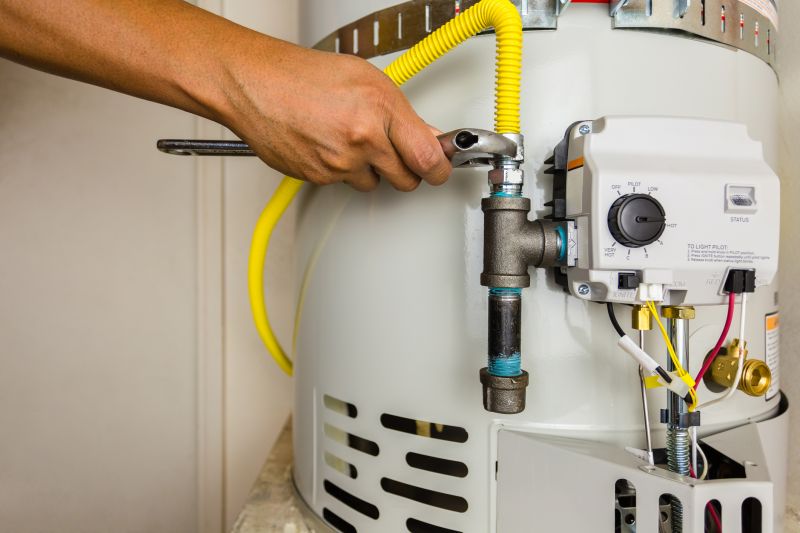
Ways to make Gas Water Heater Installations work in tight or awkward layouts.
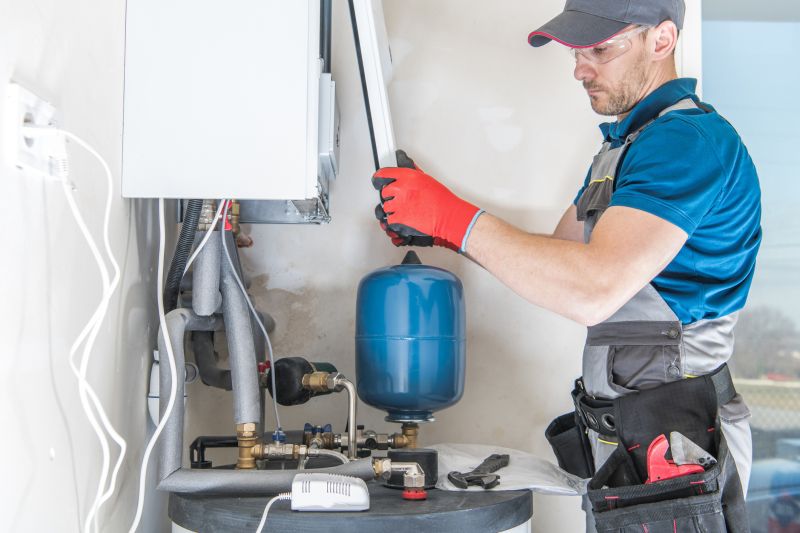
Popular materials for Gas Water Heater Installations and why they hold up over time.
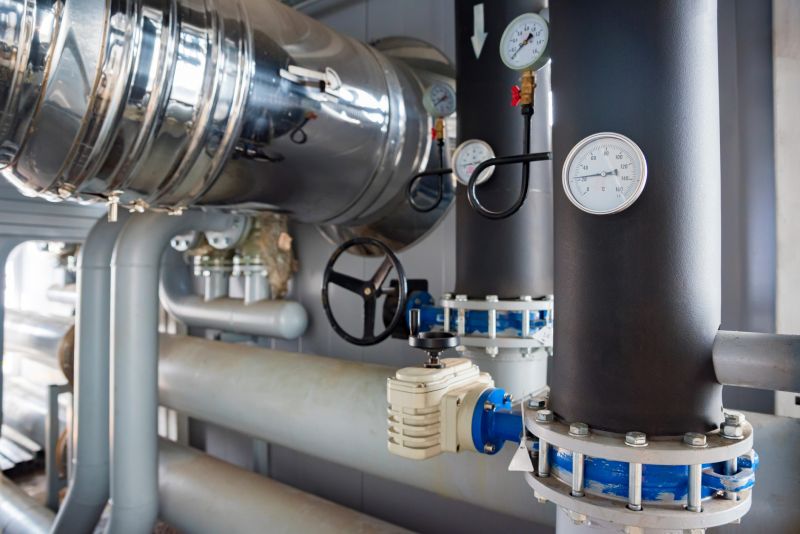
Simple add-ons that improve Gas Water Heater Installations without blowing the budget.
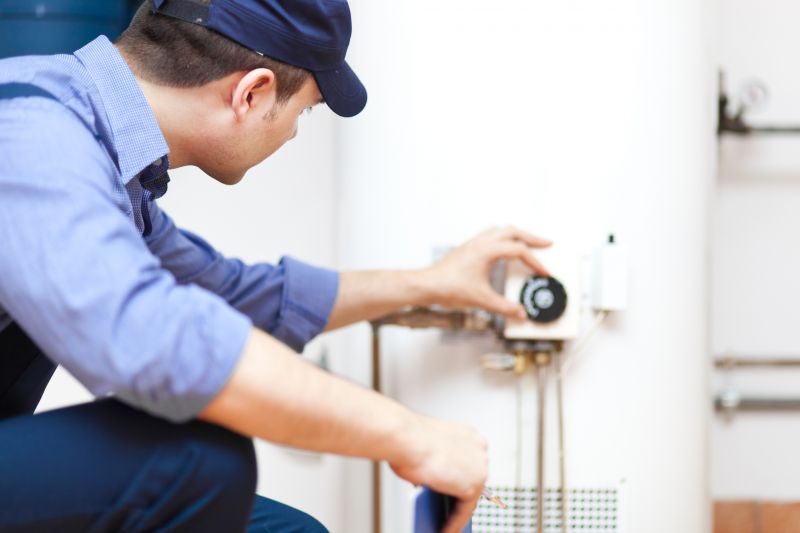
High-end options that actually feel worth it for Gas Water Heater Installations.
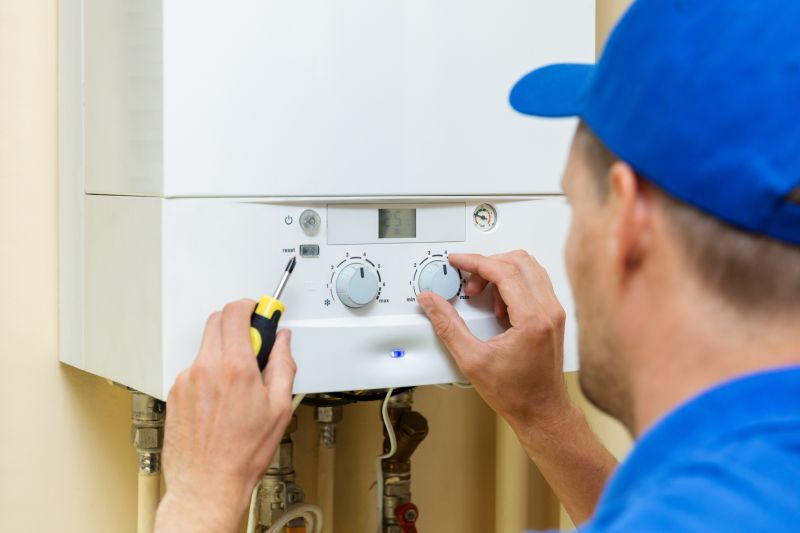
Finishes and colors that play nicely with Gas Water Heater Installations.
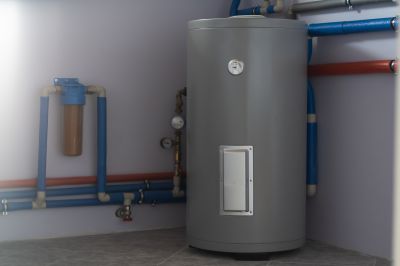
Little measurements that prevent headaches on Gas Water Heater Installations day.
Gas water heater installations involve connecting a durable appliance to the existing gas supply and venting systems. Proper installation ensures safety, efficiency, and compliance with local codes. The process typically includes assessing the current setup, selecting an appropriate unit, and securely installing the system to prevent leaks or hazards. Regular maintenance and timely replacement can extend the lifespan of the water heater, which averages around 8-12 years depending on usage and maintenance practices.
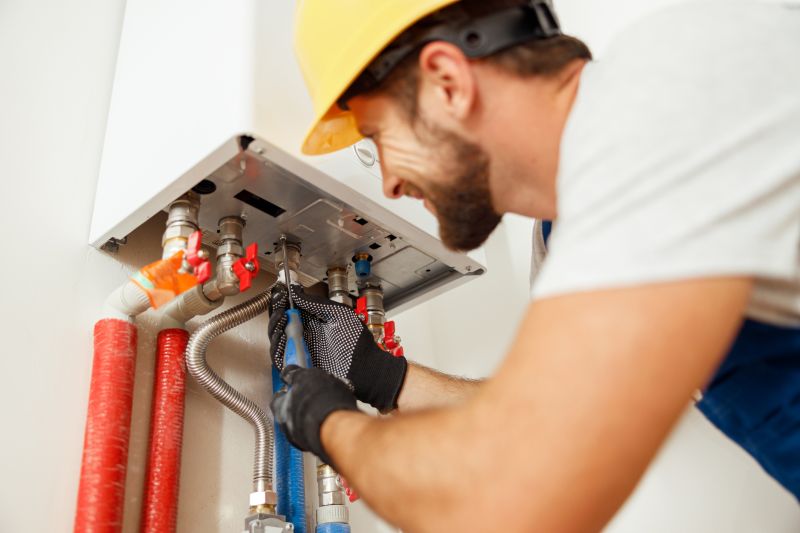
A 60-second routine that keeps Gas Water Heater Installations looking new.
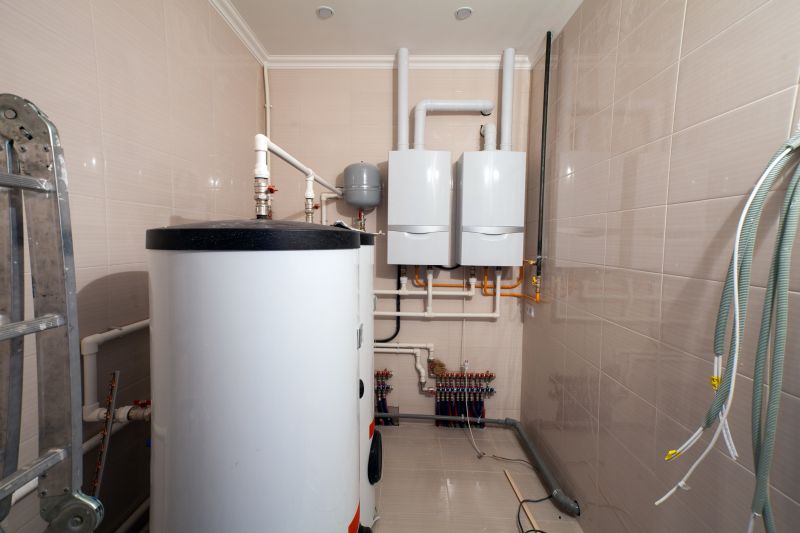
A frequent mistake in Gas Water Heater Installations and how to dodge it.
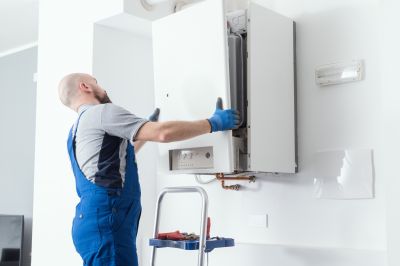
Small tweaks to make Gas Water Heater Installations safer and easier to use.
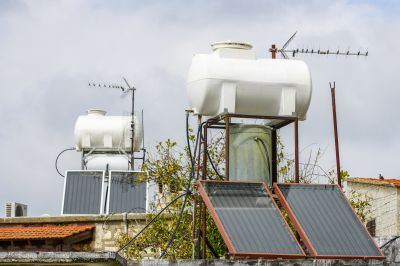
Lower-waste or water-saving choices for Gas Water Heater Installations.
| Question | Answer |
|---|---|
| What is the typical lifespan of a gas water heater? | Around 8-12 years with proper maintenance. |
| Can I install a gas water heater in winter? | Installation is possible in winter, but milder seasons are preferable for safety and efficiency. |
| Is it better to install a new gas water heater during spring or fall? | Yes, these seasons offer optimal weather conditions and availability. |
| How long does a gas water heater installation usually take? | Typically, it takes a few hours depending on the complexity of the setup. |
| Are there benefits to scheduling installation early? | Yes, early scheduling can ensure timely setup before peak usage seasons. |
| Do weather conditions affect installation safety? | Yes, mild weather reduces risks associated with outdoor or partially outdoor installations. |
| Is pre-planning important for gas water heater replacement? | Absolutely, it helps avoid emergency replacements during peak demand. |
| What factors influence the best timing for installation? | Weather, demand cycles, and technician availability are key considerations. |



